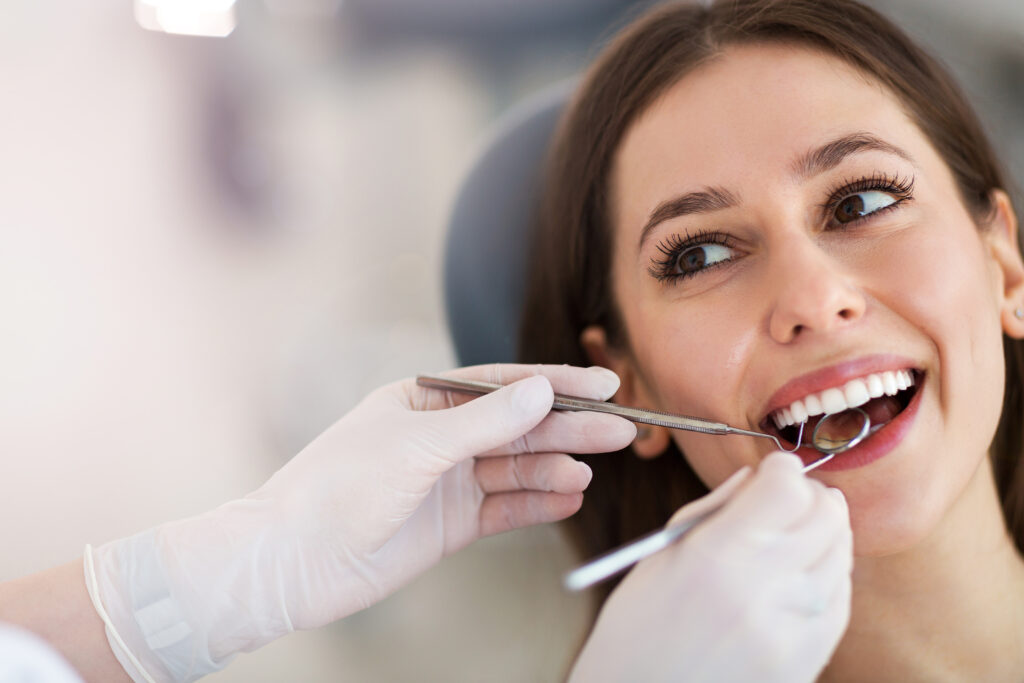
How We Can Help the Carlsbad Community Conquer Heart Disease, Alzheimer’s, Bad Gut Health & More
In my free time, in addition to trying to spend as much time as possible soaking up the Southern California sun, I recently started enjoying listening to podcasts. Hearing experts in the dental field talk in length about my passion to live a healthier life has helped me stay on track with my own health goals, as well as keep me informed about new ideas developing across all medical fields.
This continuous drive to learn not only helps me in my personal life but more importantly, allows me to better support my patients.
Often I will field questions in my Carlsbad Dental Office about new and developing areas of research and it is rewarding to know I can help guide and inform my patients when the occasion arises.
I was recently listening to “The Functional Medicine” podcast by Dr. Carri who had scientist Ryan Nolan, DMD as a guest on her show. It compelled me to share some of what many in the dental industry has known for years but are just now becoming more widely accepted by society.
Your Mouth is A Window to the Rest of Your Body
Periodontal disease, also known as gum disease, is often seen as an issue that only a few deal with when the disease is in its most advanced stages. When a patient is experiencing advanced gum disease tissue around the gums will become damaged, the teeth will begin decaying, and patients may experience bone loss within the mouth.
While these late stages of the disease are very serious and need immediate dental treatment, earlier warning signs should also not be ignored. While seemingly unharmful, small signs can be red flags that need attention. Let’s dive into this a bit more.
Harmful Bacteria Can Travel Through Your Blood Stream
The mouth is full of both beneficial and harmful bacteria. The bacteria that causes Periodontal disease is not only dangerous to your oral health but the health of your entire body. One of the first stages of gum disease is bleeding gums. While many people think this is a natural side effect from brushing and flossing, I am here to tell you it is not.
If you are experiencing bleeding gums this is the first sign of gingivitis, a precursor to gum disease. When your gums bleed, harmful bacteria can enter your bloodstream. These harmful bacteria then disperse throughout your body.
Harmful Bacteria Can Travel To Your Gut
In addition, harmful bacteria living in your mouth can travel to your gut affecting its overall health as well. The gut’s job is to push out nutrients to the body but harmful bacteria, that originated in the mouth, may mix with the nutrients and get pushed to other areas of the body as well.
The Big: “So What?”
Health issues that people often experience later in life can be attributed to the spread of this harmful bacteria. The health of your mouth is thought to be a major influence on heart health, Alzheimer’s disease, preterm births, and more.
Scary stuff, right? Absolutely. But, there is good news. There are treatments and diagnostic tests that can now be performed to give more insight into your oral health.
How To Know If Your Mouth Is Healthy
For those who have more advanced stages of Periodontal disease, hopefully you are working closely with a dentist to address it. If not, call us, we can help.
If you simply have gum bleeding when you brush or floss this can also be of concern. There are several ways we would address it.
- Be consistent with maintaining good oral health: brush, floss, and use mouthwash daily.
- Work with us to test for biofilms and pathogens to see if the harmful bacteria levels in your mouth are at or below recommended threshold levels.
- If needed, we can recommend special rinses designed to attack the mouth’s harmful bacteria and help get your oral health back on track.
Early diagnosis is key. The sooner you treat seemingly subtle dental issues the easier they are to overcome and the less damage they do to your body.
Last But Not Least…Diet
While brushing and flossing do wonders to help keep dental issues at bay diet also plays a major role. Sticking closely to a plant-based diet, rich in leafy vegetables and low on meat, dairy, and processed foods can go a long way in keeping unhealthy bacteria in check.
If you have questions about diet and how you can improve your oral health through food we are here to help. Schedule an appointment with us and I would be happy to consult you in this area.
Any other questions? Give us a call!

